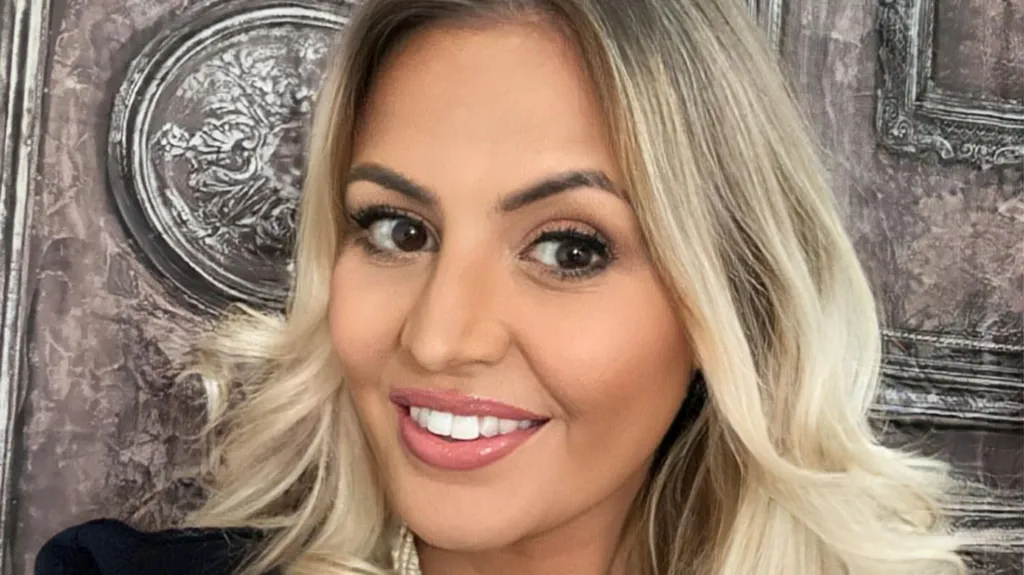
 BBC
BBCDisabled people should be more fairly recognised in the honours system as part of the government's push to make awards reach a wider range of people, says Carly Jones, an advocate for the rights of autistic women and girls.
But she tells BBC News she has seen firsthand how people's attitudes need to change, including after she was appointed MBE in 2018.
Carly remembers being at a doctors' surgery where there was a call for a Miss Emby.
"We're all looking round and I said: 'Is it Jones MBE'?" realising the award had been mistaken for a surname.
"You don't look like the sort of person who would have one," Carly was told.
"I don't know what that meant," says Carly, who campaigns to help women with autism in education, employment and health services.
Not only was Carly appointed MBE, she's on one of the honours committees that decides who else should receive an award, such as knighthoods, CBEs, MBEs and OBEs, in the New Year and King's Birthday Honours.
As a disabled woman herself, she wants to make sure the charity and community work of people with disabilities isn't overlooked and taken for granted.
An important part of that is to encourage more people to put forward nominations.
"Everyone knows someone who deserves an honour," says Carly, who wants to "challenge the myth that this is a system for the elite".
In terms of the honours committee, she says: "We can only look at what's put in front of us."
There is also a concern, she says, that people shouldn't think that someone has received an award just because of a disability - "because that would devalue the system".
There is scrutiny to make sure that those receiving awards of all types have personally worked very hard for good causes. "It can't just be someone who donates a million pounds and then gets a knighthood," she says.
Carly, who wasn't diagnosed with autism until she was an adult, experienced homelessness and lived in a hostel, and she wants the honours to reflect those who have come from a difficult position but have made a big difference helping others.
The Cabinet Office says the number of people with mental and physical disabilities receiving awards has been increasing over the past decade - from 6.3% of recipients in the New Year Honours in 2015 to 15% in the list for 2025.
These were not broken down by type or level of award, but overall it is the highest number to date of disabled award winners.
It's a positive sign in the push for the honours to be more representative, but it is still below the proportion of people with disabilities, with the 2021 census figures suggesting almost 18% of people in England and Wales had a disability.
Sir Stephen Timms, Minister for Social Security and Disability, said he was "delighted to see more disabled people rightly recognised and celebrated for their remarkable achievements".
But the government has accepted there are wider problems with many groups being under-represented in the honours - in terms of geography and social class - particularly in the higher awards, such as knighthoods, damehoods and CBEs.
An independent chair is going to be recruited to improve diversity and outreach within the honours process - and Carly says they will be checking through all levels of awards.
It follows a BBC analysis revealing that in the most recent New Year Honours only 6% of higher awards went to people in the north of England and 4% to people from working-class backgrounds.
The most recent New Year Honours had been presented as recognising "unsung heroes" and "community champions". But in practice the higher awards were heavily skewed towards people from wealthier backgrounds, particularly in London and the south-east.
Prime Minister Sir Keir Starmer says he wants the honours system to be "properly diverse and reflective of UK society".

Sign up here to get the latest royal stories and analysis every week with our Royal Watch newsletter. Those outside the UK can sign up here.